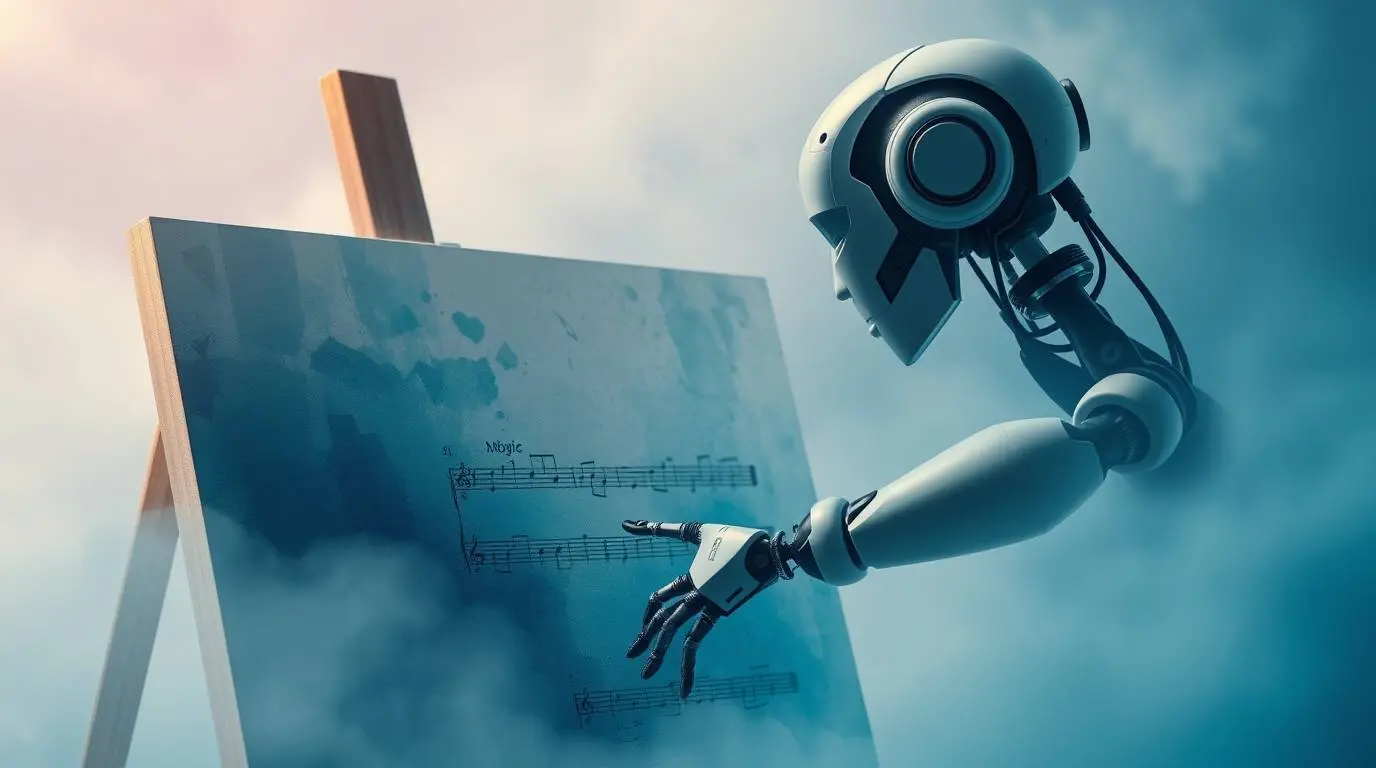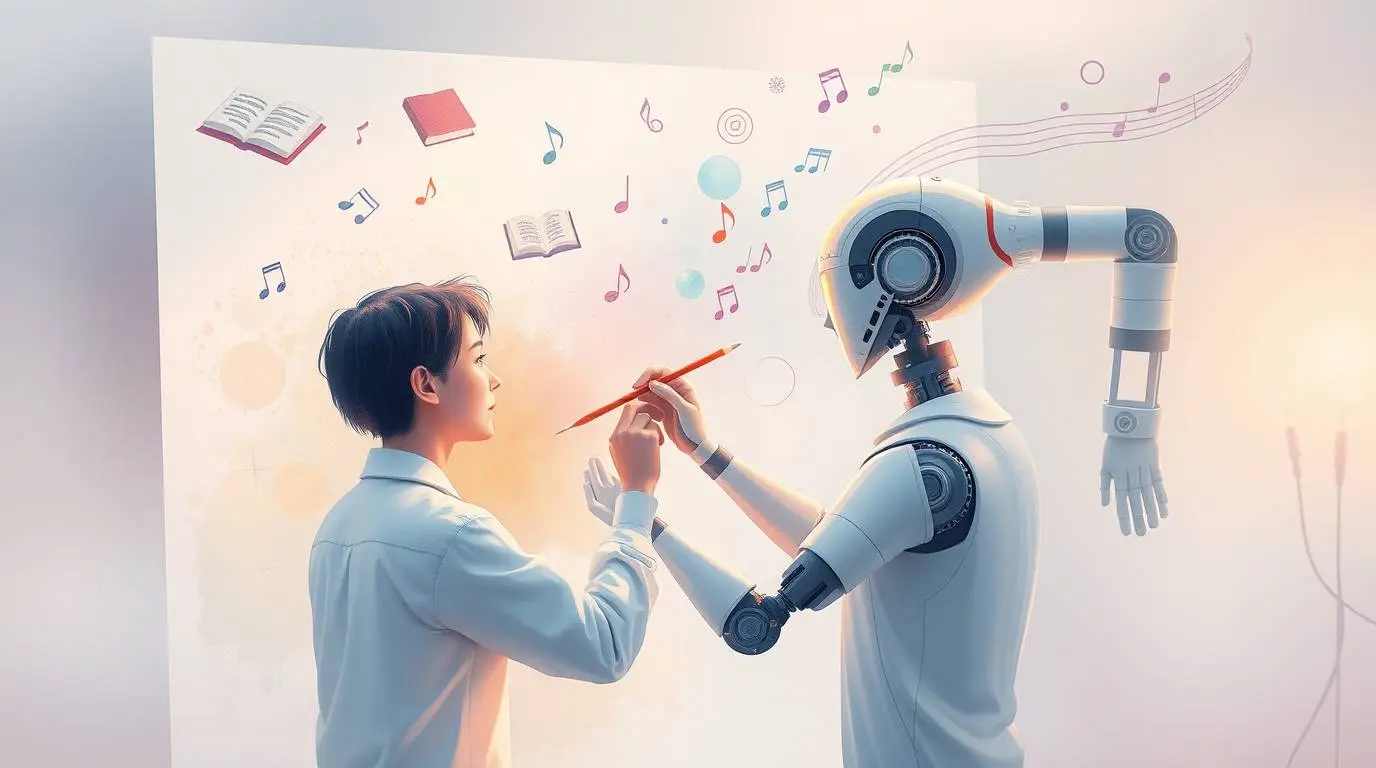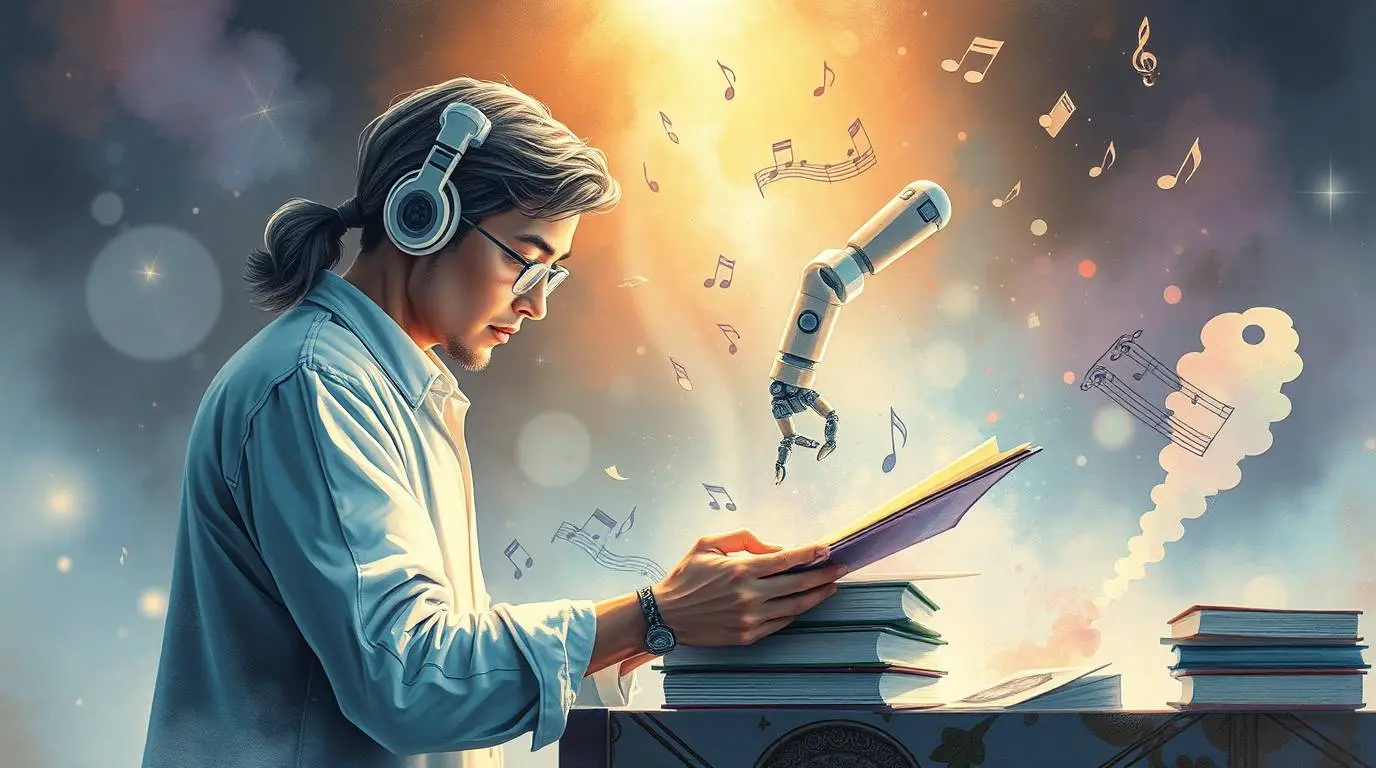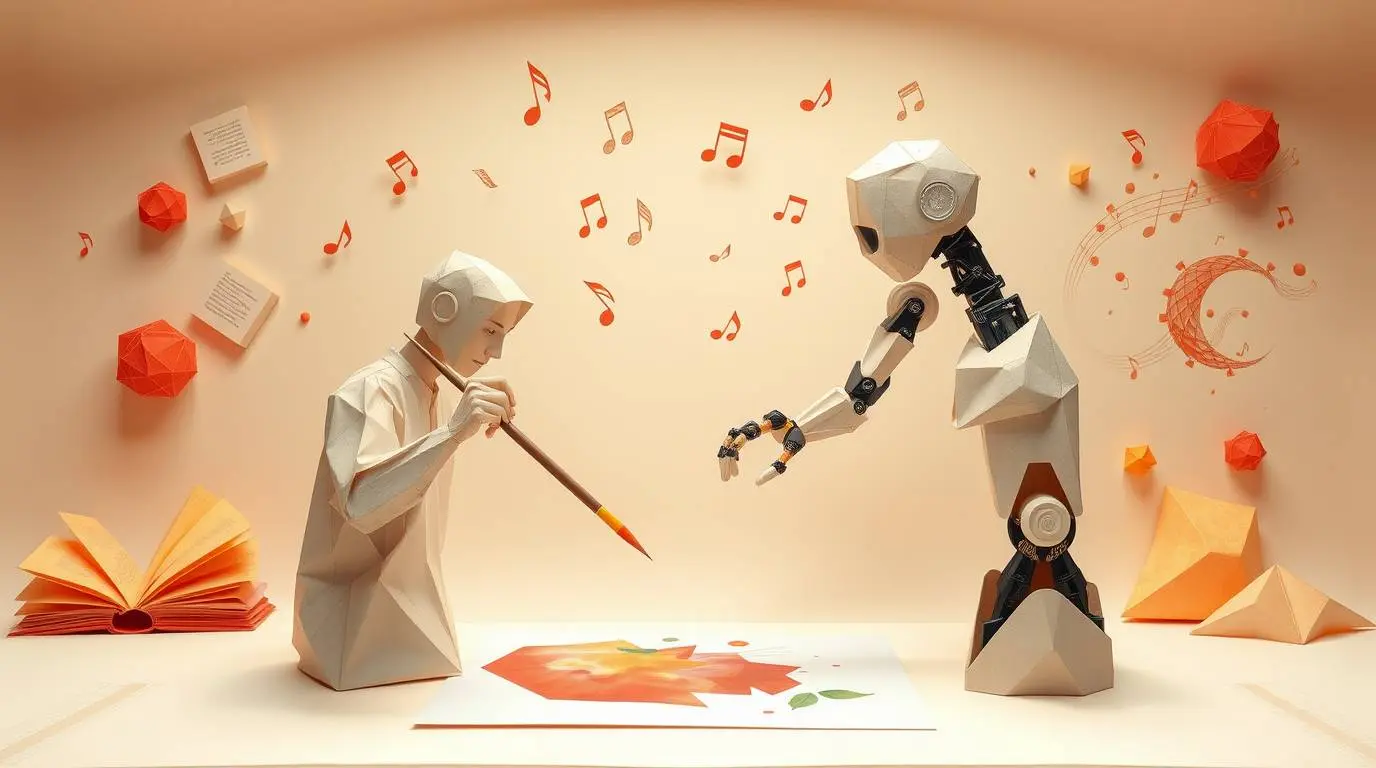Introduction
Artificial Intelligence has rapidly transformed various industries, and content creation is no exception. From AI-generated art and music to fully written articles, AI tools are revolutionizing how content is produced. But as AI becomes more advanced, an essential question arises: Is AI enhancing human creativity or replacing it?
The Rise of AI-Generated Content
AI-powered tools like ChatGPT, DALL·E, and Midjourney can generate high-quality text, images, and even videos within seconds. Businesses and content creators use these tools to streamline production, improve efficiency, and scale their creative efforts. Some of the major applications include:
- AI Writing Tools: Platforms like Jasper AI and ChatGPT assist writers by generating blog posts, ad copy, and even books.
- AI in Music & Art: AI-generated music compositions and digital artworks are gaining traction, blurring the lines between human and machine creativity.
- AI Video Creation: Tools like Synthesis and Runway AI create realistic videos without requiring human actors or editors.
How AI is Enhancing Human Creativity
Rather than replacing human creativity, AI can serve as a powerful tool to enhance it. Some of the keyways AI supports creative professionals include:
- Idea Generation: AI can brainstorm unique concepts and suggest topics that inspire human creators.
- Efficiency Boost: AI automates repetitive tasks, allowing creatives to focus on storytelling and emotional depth.
- Collaboration: AI tools assist in refining and improving ideas, leading to more polished and innovative outcomes.
The Concerns of AI Replacing Human Innovation
Despite its benefits, AI-generated content raises concerns about originality, authenticity, and the potential loss of human creativity. The biggest challenges include:
- Lack of Human Emotion: AI-generated content lacks the depth, emotions, and lived experiences that human creators bring.
- Over-Reliance on AI: Excessive dependence on AI tools could lead to a decline in human creativity and critical thinking skills.
- Ethical Concerns: Copyright and plagiarism issues arise when AI generates content that mimics existing works.
What the Future Holds
AI will likely continue to evolve, but human creativity remains irreplaceable. The ideal future involves a balance where AI acts as a creative assistant rather than a replacement. By using AI as a tool rather than a substitute, humans can push the boundaries of creativity and innovation further than ever before.
Conclusion
AI is changing the landscape of content creation, offering both opportunities and challenges. While AI-generated content can enhance efficiency and creativity, it is crucial to maintain human input to preserve originality and authenticity. The future of creativity will likely be a collaborative effort between humans and machines.




How Will AI-Generated Content Impact Creativity in 2025?